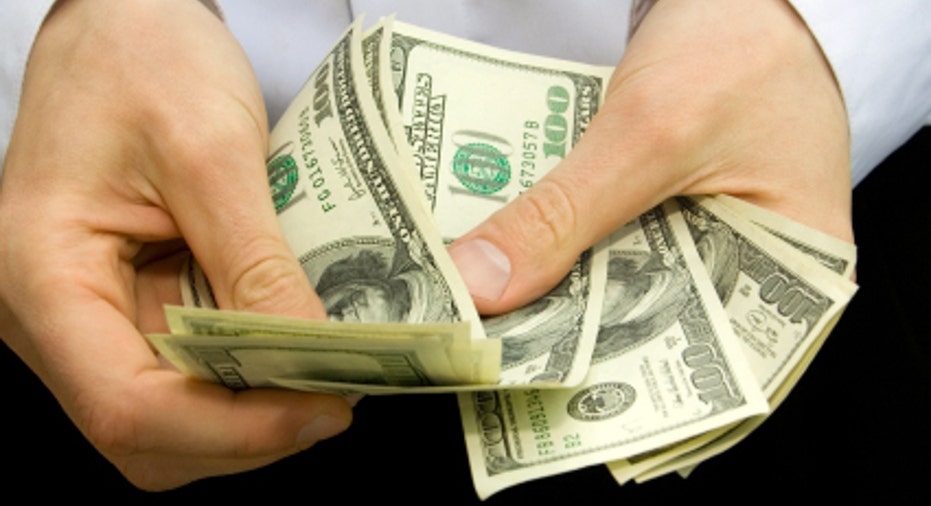Study Says Being Overweight Hurts Your Finances, Mental State

A new study has found that being overweight can take a huge toll on the finances and the emotional well-being of obese people.
The study, published by the Canadian Obesity Network, showed that, over the past year, people who spent money on weight loss initiatives forked out an average of:
* $900 on commercial weight loss programs,* $766 on gym memberships,* $600 on prescription diet pills, and* $400 on special diets.
Tally it up, and that's $2,666 for the year, or $222 a month, spent directly on weight loss efforts."Not only does being overweight cost you money to pay for all these things, but it also affects you from a mental health standpoint," says Richard Coppa, an expert on the links between health and finances, and the head of the financial advisory firm Wealth Health LLC in Roseland, N.J.
Read the full story here on WalletPop
Indeed, almost 50% of those surveyed for this study said being overweight has impacted their relationships with friends and family. One in six said they've been diagnosed with depression or anxiety.
The study surveyed 524 severely obese Canadians who are age 18 or older. A severely obese person is defined as having a body mass index (BMI) of 35 or greater; an obese individual has a BMI of 30 or more.
The Indirect Costs of Obesity
The money that overweight Canadians have spent fighting the battle of the bulge doesn't take into account any indirect costs that may be associated with obesity, such as higher life insurance payments or more costly health-care premiums.
If you take those expenses into account as well, the financial impact of obesity is no doubt far greater – especially since almost 75% of those surveyed said they've been dealing with weight issues for more than a decade, and about 25% indicated that they've lost track of how many times they've tried to shed the pounds.
I'd be interested to know of similar studies done in the U.S., where 33% of adults are obese, according to the American Medical Association. At least one group has attempted to quantify some of the job-related impact of being overweight: The Council of Size and Weight Discrimination estimates that heavier-than-average workers will earn $100,000 less over a 40-year career than their slimmer colleagues. Perhaps that's just one reason why more Americans than ever are turning to expensive weight loss surgery – which can run between $20,000 and $35,000.
Based on the most recent data available from the Centers for Disease Control and Prevention, African-Americans have the highest rates of obesity in the U.S. Blacks had a 51% higher prevalence of obesity, while Hispanics had a 21% higher obesity prevalence compared with whites, the CDC reports.
A Quick Fix: Go For a Walk
Fortunately, there's one easy way to help heal your body and your wallet at the same time, Coppa says.
His solution: Go for a 20-to-30 minute walk three to five times a week. Even better, hit the pavement (or the treadmill in your house) whenever you're tempted to indulge in over-eating, drinking alcohol or excessive shopping.
"Everyone has a crutch that they use when they feel stressed," Coppa notes. "Some people overeat, some people drink, others go out and spend more money or rack up even more credit card bills when they're stressed."
Instead of using these negative coping mechanisms, try channeling your energies in a more positive way, he suggests.
Coppa also notes that it doesn't take hiring a personal trainer, buying an expensive gym membership or taking a Pilates class to get fit. In fact, you may be able to save money by dropping these things and focusing simply on walking.
"Not everyone has the money to pay for a gym membership, but almost everyone can take a walk," Coppa says. "It doesn't cost anything, you can do it anywhere, and it lets you clear your mind from all the noise that's gone on during the day. Plus, being active is a great way to relieve stress and help weight loss."
Read More Stories From WalletPop:
Save Money on a Road Trip Without Giving Up the FunFree Checking Becomes "Easy" Money for US BankOne-Third of All Food Wasted Worldwide: How to Stop



















